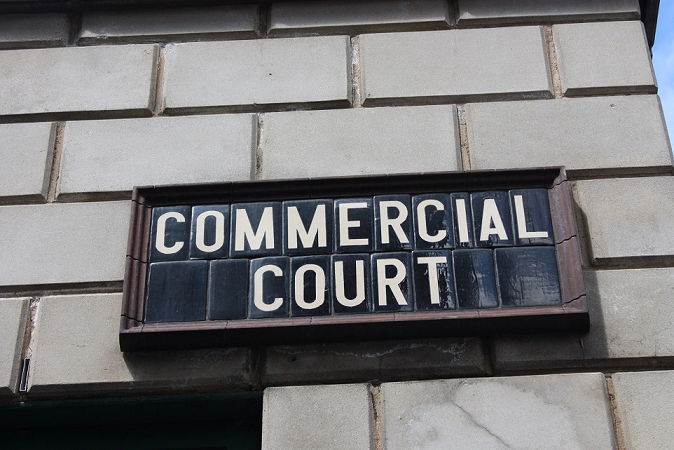Commercial Court Practice Directive

19 Nov 2018
On 3rd October 2018 the Judge President of the Gauteng division of the High Court of South Africa issued the Commercial Court Practice Directive (“the Directive”), which is of immediate effect and makes provision for the operation of a Commercial Court, which will be administered as part of the High Court. The Directive allows for two types of proceedings to be brought to the Commercial Court, namely; trials (actions) and applications (which include urgent applications).
In terms of the Directive, the Commercial Court enables a party to apply to have a commercial matter allocated as a commercial case by delivering a letter to the Judge President or Deputy Judge President. The letter must contain the following information, namely (i) a broad and uncontroversial description of the case; and (ii) why the case is a commercial case or should be considered as such, warranting treatment under the Directive.
A Commercial Court case has been defined in the Directive as “ordinarily a substantial case that has as its foundation a broadly commercial transaction or commercial relationship.” The types of cases that may be brought to the Commercial Court include claims arising out of the transaction of trade and commerce including claims relating to:
(i) the export or import of goods;
(ii) the carriage of goods by land, sea, air or pipeline;
(iii) the exploitation of oil and gas reserves or other natural resources that do not involve Administrative Law;
(iv) insurance and reinsurance;
(v) banking and financial services;
(vi) the operation of markets and exchanges;
(vii) the purchase and sale of commodities;
(viii) medical scheme matters;
(ix) commercial matters arising out of business rescue and insolvency cases;
(x) all commercial matters affecting companies arising out of the Companies Act 71 of 2008 and its interpretation;
(xi) arbitration;
(xii) delictual cases that take place in a commercial context for, e.g. unlawful competition cases;
(xiii) generally, appropriate contractual matters;
(xiv) intellectual property cases,
however, the list above is merely a guideline and is not a closed list.
The cases being heard in the Commercial Court will be subject to case management by judges and case management conferences wherein the parties will decide on matters such as (i) a potential trial date; (ii) timetable for getting the matter to trial or filing of affidavits as the case may be; (iii) the number of witnesses required for trial; and (iv) the length of the hearing or trial.
It is evident from the Directive that the Commercial Court aims to provide an effective and efficient resolution of commercial disputes. It is yet to be determined through the functioning of the Commercial Court and its utilisation by parties to commercial disputes as to whether this desired outcome will be achieved.
(Credit: Yashika Rowjee – Candidate Attorney)
For more information contact
See also:
(This article is provided for informational purposes only and not for the purpose of providing legal advice. For more information on the topic, please contact the author/s or the relevant provider.)
